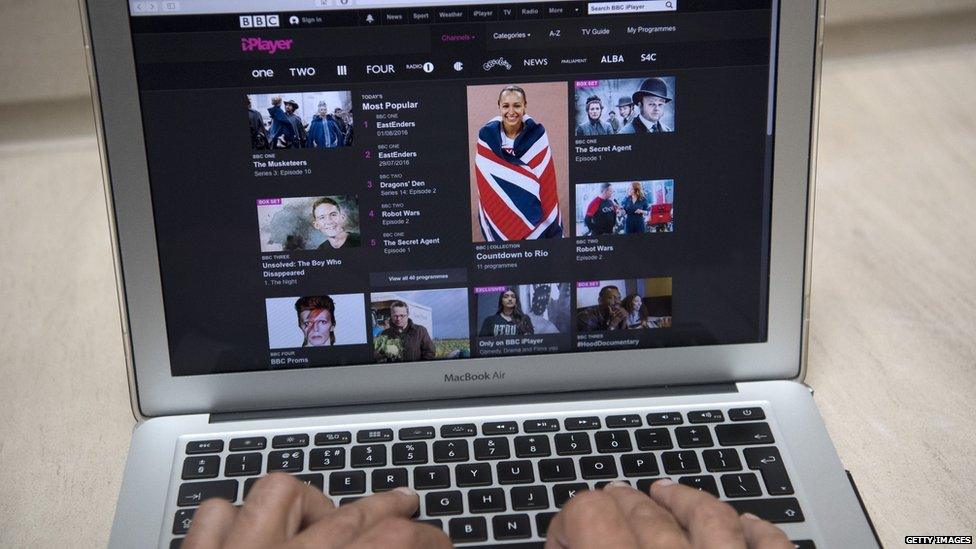BBC investigating TV licence fee collectors
- Published
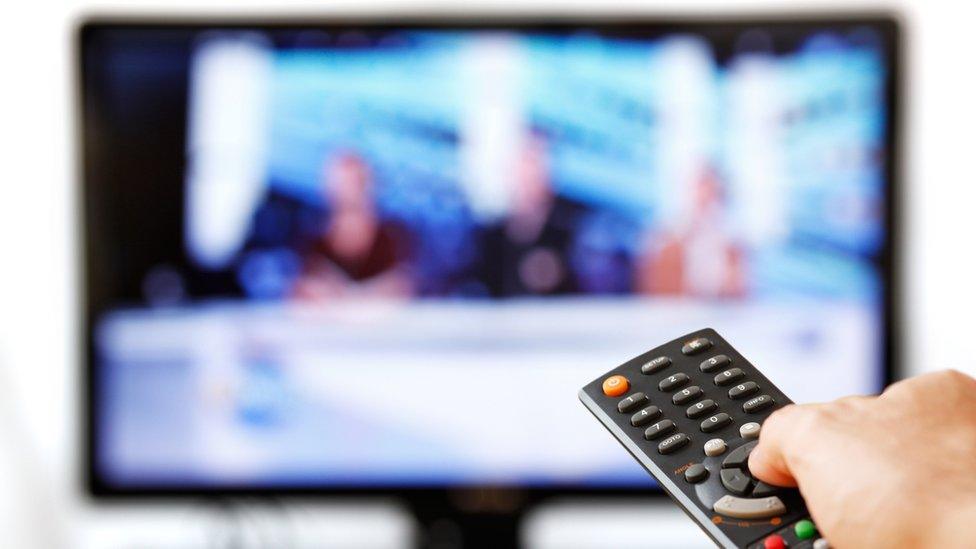
The BBC has ordered an investigation into reports TV licence fee collectors targeted vulnerable people, spurred on by an aggressive incentive scheme.
An investigation by the Daily Mail, external said bosses at Capita, which collects the fee, promised bonuses of up to £15,000 a year to catch 28 evaders a week.
Capita said those statements "do not reflect the high standards we expect".
BBC Director General Tony Hall said Capita had "fallen short" of standards it expected on behalf of the UK public.
The government said it would talk to the BBC about the company's conduct.
The Daily Mail sent a reporter to interview for a job at Capita, and allegedly found staff being pushed to gather evidence to take as many people to court as possible.
One interviewer was recorded saying: "We will drive you as hard as we can to get as much as we can out of you because we're greedy."
Code of conduct
According to the paper, the company's 330 field officers are told they must hit a target number of evaders, known as the "magic 28", and for each person they catch over that, they can be paid an extra £20 to £25.
The BBC's director general, Tony Hall, said he wanted "urgent confirmation" that the interview questions were not "standard practice", vulnerable people were not being targeted, and that Capita was taking "appropriate action" over the incident.
In a letter to Capita's CEO, Andy Parker, he said: "Public trust is the cornerstone of the licence fee system.
"It is clear that, in this instance, Capita has fallen short of the standards the BBC has a right to expect on behalf of the British public."
The BBC added that it expected licence fee officers to "behave in a courteous, professional manner and abide by a published code of conduct".
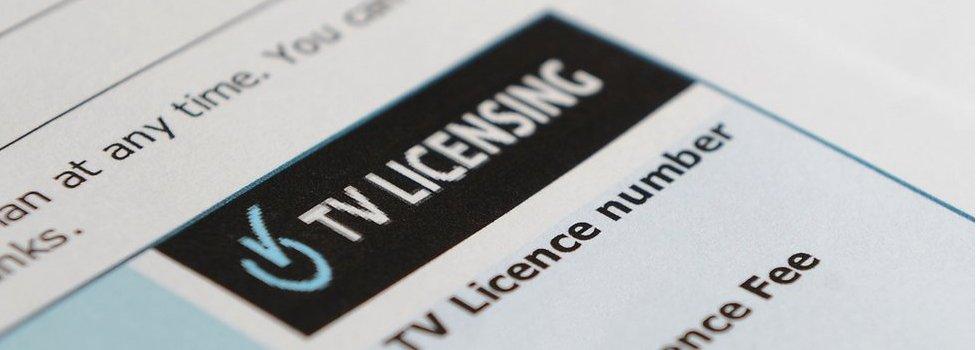
The maximum penalty for watching BBC channels or iPlayer without a licence is £1,000.
Capita said its incentive scheme only applied to sales of licence fees and it only prosecuted as a last resort.
A spokesman added: "Capita is required by the BBC to ensure households are not breaking the law. Officers are expected to act in a professional manner.
"We strongly refute any allegation that officers are instructed to act outside of these requirements. Where we find employees have not acted as they should we act appropriately."
Downing Street said ministers would be raising the conduct of the enforcement officers with the BBC.
"Clearly, these are concerning reports," a No 10 spokesman said.
"The licence fee does need to be collected in a fair and reasonable manner. I see the BBC has quite rightly ordered an urgent investigation into these reports."
Damian Collins, Conservative MP and chairman of the Commons culture committee, told the Daily Mail: "It's very concerning. This is being done in the BBC's name.
"The BBC needs to make sure changes are made to the way this contract is being run or that it's taken away from Capita and given to someone else."
Labour MP Chris Matheson, who also sits on the committee, called for Capita bosses to be summoned to Parliament.
Efforts to pay
In 2015, 166,000 people were fined for licence fee evasion. The maximum penalty for watching BBC channels or iPlayer without a licence is £1,000.
In January, new sentencing guidelines were introduced meaning magistrates can impose a non-financial penalty, known as a conditional discharge, so the person will not be sentenced unless they commit another offence.
This will only be used in cases where people have made significant efforts to pay the fee.
- Published1 September 2016
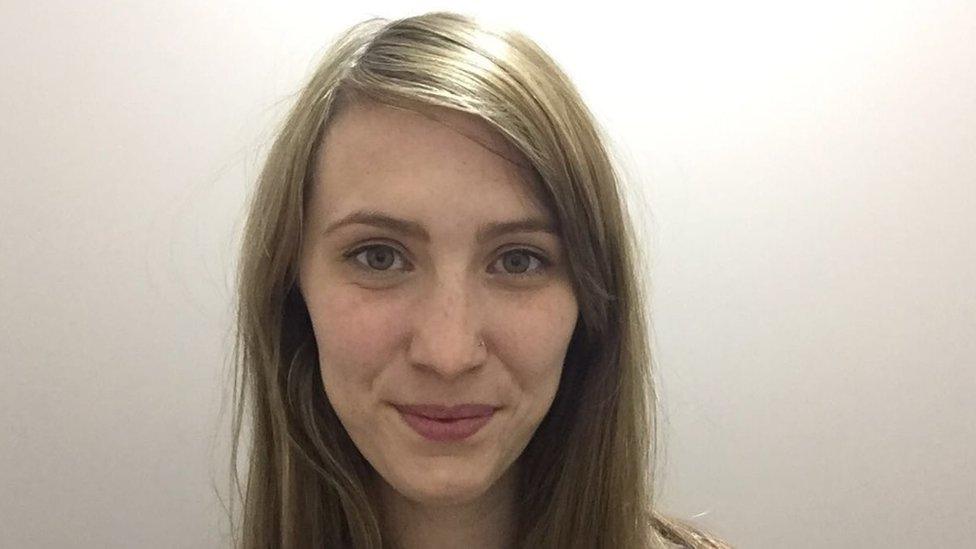
- Published24 January 2017
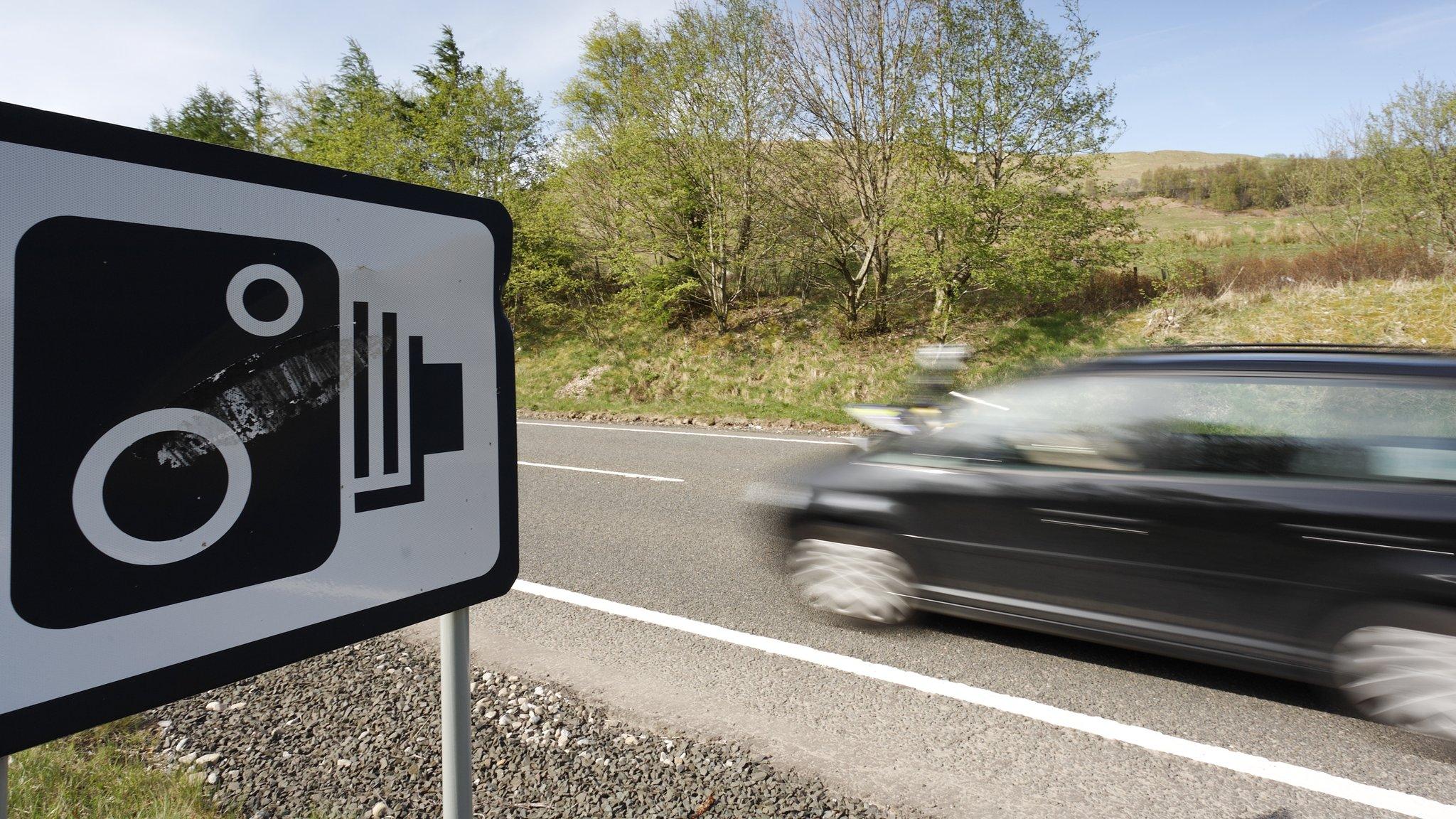
- Published1 September 2016
